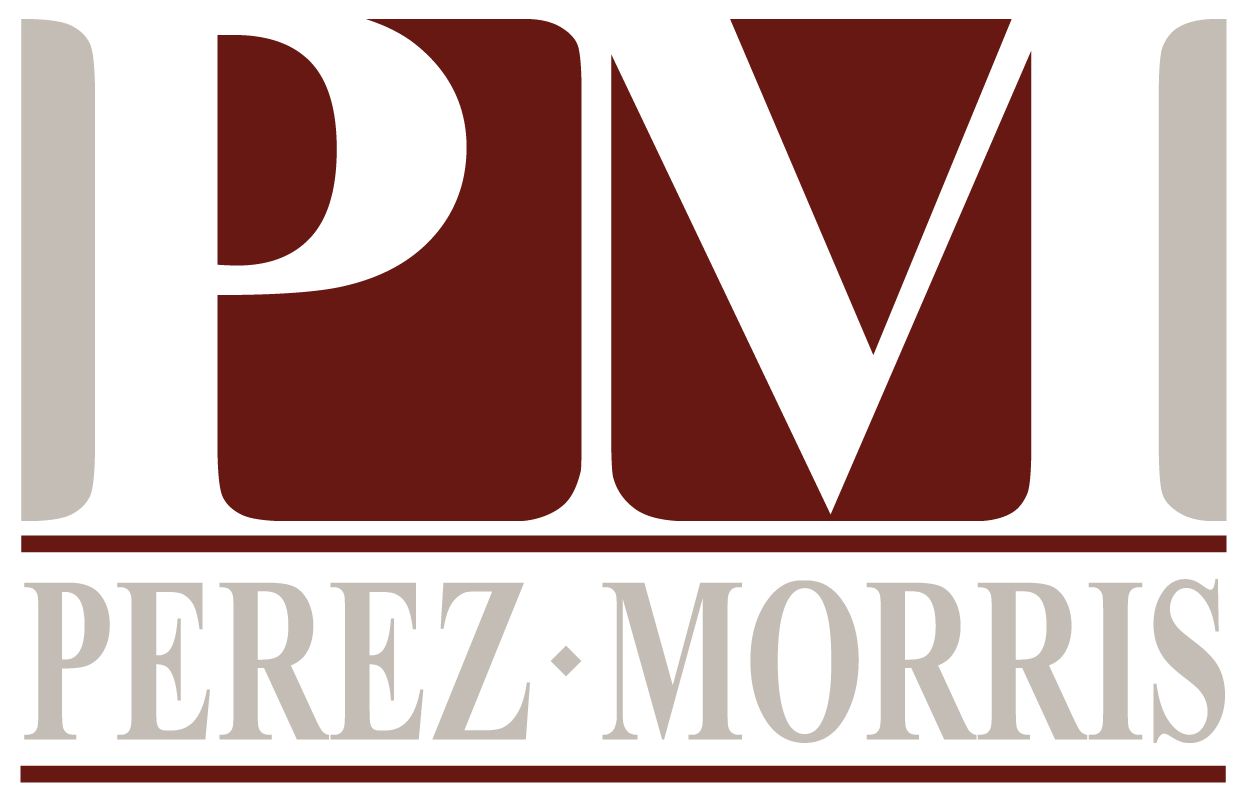Forbes reports that four people are currently being treated for Ebola in America, two nurses who contracted it while treating a patient in Dallas, and two who were infected while in Africa and subsequently came to America (Forbes). Whether or not Ebola ends up spreading in America or follows the much more likely path and is fully contained, businesses need to at least consider the effect that it can have on their companies. If Ebola were to spread, businesses would, according to USA Today, be greatly affected because many insurance plans do not cover Ebola. (USA Today). According to the Occupational Safety and Health Act, all employers have a legal obligation to provide a safe workplace for their employees (OSHA Liability). Therefore, businesses would be forced to purchase much costlier insurance plans or worry about possible liability from their employees contracting Ebola and potentially spreading the disease.
Additionally, the spread of Ebola could possible lead to whistleblower issues. Some employees may refuse to work at a place that they feel unsafe due to the presence of a disease in their workplace. Would these employees have a legitimate whistleblower claim if they were fired due to their refusal to work? It is likely that any employee who makes an official complaint would be legally protected under the Occupational Safety and Health Act and to prevent liability, employers would have to show that either: 1) there is no hazard or 2) that they have developed a response plan that will reasonably protect their employees from harm. (Environmentalsafetyupdate).
Although there are legitimate workplace safety concerns, in dealing with the threat of Ebola, employers must not run afoul of federal or state disability laws and or laws that protect employee medical information. The Americans with Disabilities Act (“ADA”) precludes employers from questioning employees about their health or medical condition without a legitimate business justification. Employers also may not disclose medical information of employees. Compliance with OSHA is likely a legitimate business justification for requesting medical information, however, it will only be legitimate if an employer has a reasonable basis to believe an employee may have been at risk for exposure. For example, if the employee is showing any of the symptoms of Ebola after recent travel to an infected region, the employer will have a reasonable basis to take steps to protect other employees and may request the employee at issue seek a medical examination before returning to work. (http://blogs.wsj.com/riskandcompliance/2014/08/11/the-morning-risk-report-ebola-and-the-americans-with-disabilities-act/)
In general, it would be wise for employers not to overreact, particularly given the current contained nature of the virus in the US. However, staying informed to be able to respond swiftly, effectively and lawfully should the threat be realized is critical. Employers should regularly consult the CDC for guidance on spotting symptoms and protocol for preventing the virus’ spread. Additionally, a look at the EEOC’s guidance on pandemic flu is instructive: http://www.eeoc.gov/facts/pandemic_flu.html.
For Further Reading on Ebola and Ebola in the workplace visit:
http://www.cdc.gov/niosh/topics/ebola/
Also, USA Today posted a story about Target leaving behind their data breach for the holiday season. That article can be found here:
http://www.usatoday.com/story/money/business/2014/10/21/target-holiday-plans/17663057/
Our Blog post about Target and other Data Breaches can be found here:
Post authored by Sarah Perez and Daniel Broidy
